Static noise… It sucks for sure.
High frequency noise that simply makes you wanna go crazy when you hear it.
You have heard it before, especially when you are switching channels on your TV and there is a channel you don't have, you see all the static on the image and there it is…
The noise is obnoxious, you kinda wanna shoot your gun to the TV screen when it happens.
But, it can be worse…
Imagine that noise, but in your headphones.
Yes! Headphones!
Noise straight to your ears. How uncool is that?
Now imagine it is not just noise in your headphones, but in your client's headphones, at the recording studio!
Are they going to complain about noise? Yes!
Is your recording session going to hell? Maybe!
The point is, we absolutely do not want any kind of static noise, or any noise in headphones.
Static noise is an issue that you must make sure you never have, therefore you want to make sure you take all the necessary actions and steps in order to kill it as soon as it happens.
Read this, and you will know how, I promise it.
Why do we hear static noise in headphones?
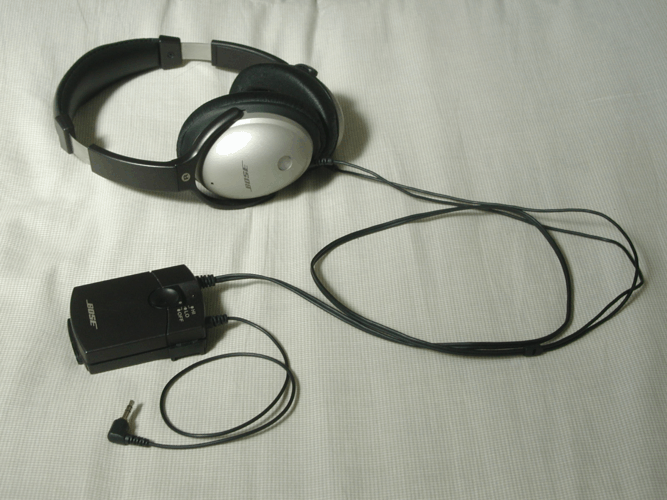
Good question, right?
Talking about the reasons why we hear static noise in headphones is kinda like opening a can of worms, there are a million reasons this can happen!
But, in general there are a handful of scenarios that can make this happen and you should try to avoid at all costs.
- One of the most common reasons is the auxiliary port issues…Yes, if your auxiliary port is not connected properly (not plugged all the way in) or there is a problem in the soldering point of the jack itself, you will have static noise happening.
- Also, kinda obvious, if the headphone speaker is broken (blown due high volume signals), I can assure you will have noise, a lot of noise.
- Next is loose wires. Loose wires can add noise, yes. But disconnected wires, specially the ground wires, will create a lot of noise. Make sure your ground connection works.
- What about equalization? If you have no idea of equalization, and you are just goofing around with the EQ on your headphone amp, chances are you will screw it, creating static noise.
- And last, but not least, unclean audio jacks. This can be one of the worst problems because it adds a lot of noise and it happens randomly, completely destroying the vibe of the musician in the middle of the recording.
5 Ways to fix static in headphones
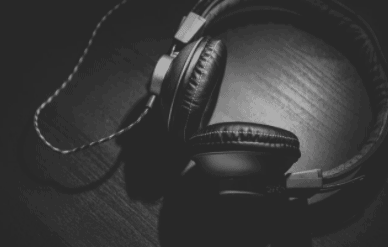
Inspect the wires
My recommendation is that you actually check and test all your studio cables prior to the session.
This will not take a lot of time, you can do it in perhaps 30 minutes.
There are a gazillion of cable testers devices for audio purposes.
You simply connect the ends of the cables to the tester and turn it on.
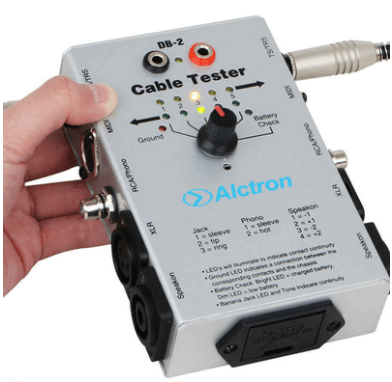
The device will tell you if the hardware connections are wired properly.
You can also use a multimeter to make sure you have continuity from end to end, and also make sure your channels DO NOT cross each other.
Yes, it might sound boring, but the last thing you want is a musician to complain about noise in the middle of a session so that you have to stop and look for the problematic cable.
Update the sound card driver
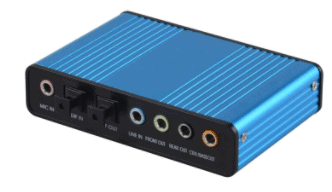
If you have a digital audio studio, with a sound card or audio interface involved, this is for you.
Conversely, if you are still recording 100% analog (which is extremely odd these days), you can skip this.
Okay so, sound cards and drivers have a special ability, failing!
Why? Do not ask me.
But for some reason sound cards tend to create strange clicks, pops and static noise when their software drivers go out-dated.
Easiest solution? Simply update the driver.
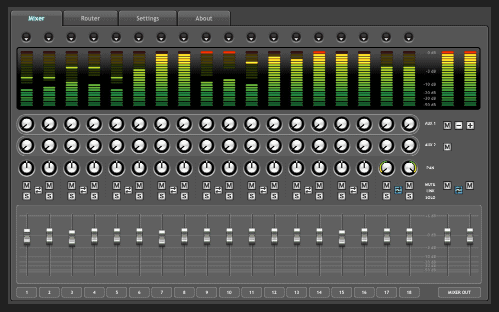
Most manufacturers have a website where you can type your devices' model, serial and operating system so that it can let you download the proper installer.
Once downloaded, turn off your sound card, install the driver, reboot the machine and turn the card back ON.
The issue should be solved now.
Also the sound card itself should run smoother and you might even find new routing features.
Disable all sound enhancement
Once again, this will be useful if you have a digital audio recording studio…
Sound card and interface drivers tend to have "sound enhancement" features.
These features are typically equalizers that boost certain frequency ranges in order to make the output signal sound "better".
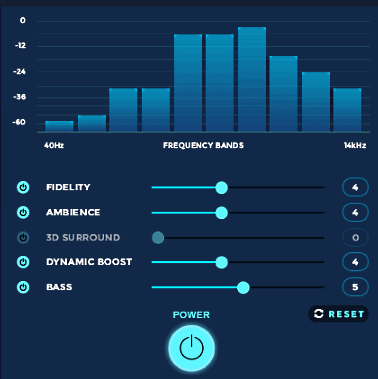
Now, this is not the real signal. These enhancement features typically affect the analog output connections of the devices, not the input.
This means that if your vocals sound "nice and bright", the actual raw recorded audio might not be as good.
What you are listening to is a lie! You are listening to a modified version of the real digital audio.
Now, in some cases, these enhancement procedures can add so much "magic" that it can be negative!
Too much enhancement can be translated into static noise, distortion and sound artifacts that we want to avoid at all cost, especially when they are routed to headphones and other sound devices.
The solution is easy, turn OFF all enhancement features your interface offers.
Repair the plug
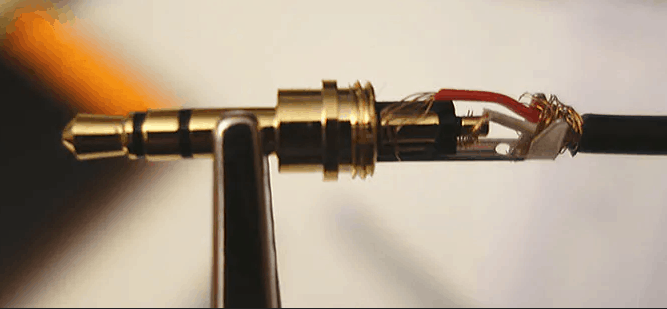
A problematic plug can create A LOT of static noise in your headset.
When I say "problematic plug" I mean a physical problem with the connection of the wires, perhaps at the soldering joint.
Inspecting this is easy, simply open the jack and see it for yourself.
Are there any loose wires? Any soldering joints that broke or moved out of the jack?
If you see any wire tip laying around at a random place, chances are it got disconnected.
Wires tend to disconnect when the person that solders them, did not use enough tin at the joint.
Can you fix it?
Of course you can!
Get your soldering iron and your tin, apply the tin and re-solder the wire. As simple as that.
Fresh tinned jacks will sound better and now you get to say to yourself that you fixed it!
How cool is that?
Upgrade the headphones
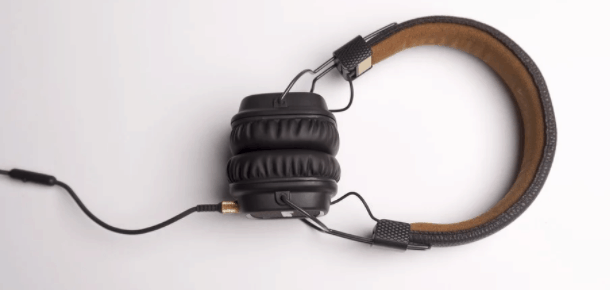
Honestly, I hate to say this, but, for real, you can't expect your 5$ headphones to perform well under recording and mixing circumstances.
Cheap headphones are not designed to deliver high quality audio, therefore you will listen to plenty of issues such as distortion and noise.
Also, poorly designed headphones tend to use the cheapest wire and almost no tin at the soldering joints, so yes, you can expect plenty of noise and high chance of failure when you own these.
My recommendation?
Simple. Just upgrade your headset.
Look online, read forums and user reviews, and always try to look for the headphones designed for your purpose.
Do you need headphones to record drums? Then look for headphones to record drums.
Do you need headphones to mix? Then look for headphones to mix.
You need to find the right tool for the right job, and this applies to everything in life.
Conclusion
Headphones can, and will fail, yes.
At some point in your life, your headphones will add static noise, distortion and all kinds of negative sound artifacts that you don't like.
But there are ways to avoid this, just as there are ways to fix this!
You should always make sure the physical hardware is working fine, connections, wires, plugs and soldering joints should be checked periodically.
Also, software can act weird sometimes, so don't forget to check that every once in a while too, you might be surprised by how easy it can be fixed.
And last but not least, cheap stuff never gets you far. Spend the money on the proper headphones for the right application and you will have positive results.
You got it!
Time to make music, with no static noise!

